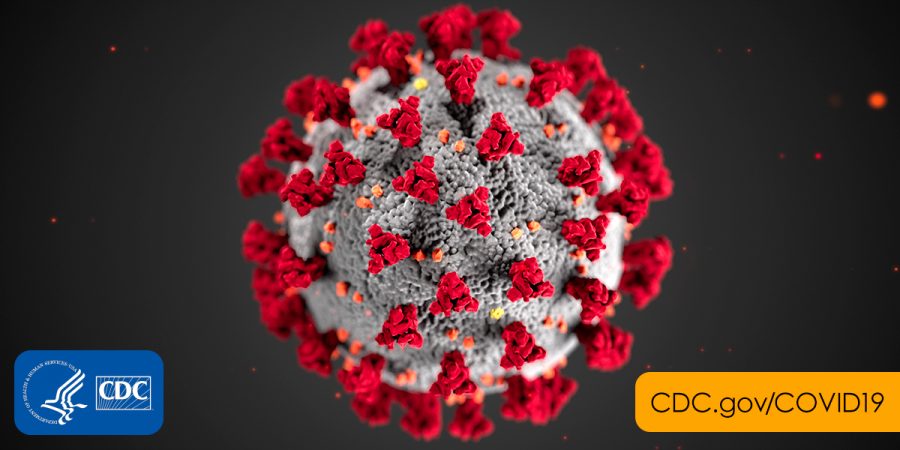WHY YOU SHOULDN’T BE WORRIED ABOUT THE CORONAVIRUS (…YET)
As of February 21, all information in this article stands.
Something even more contagious than the COVID-19 coronavirus is spreading worldwide, indiscriminately to every man, woman, and child with access to social media. This disease is known as an “infodemic.” Panic, misinformation and racism against those of Chinese descent are spreading across the globe faster than experts can contain them. Conspiracies about biowarfare and population control, obscure videos containing exorbitant, unverified infection and death toll numbers, exaggerated social media posts and “news” articles selling shock value for clicks, and violent political protests are compounding the fear and tension. Surgical masks and other related supplies have already been selling out in major American cities since the infection count hit a mere five cases. While it is advisable to stay updated and prepare for the worst, U.S. citizens currently have a very low risk of being infected by the coronavirus. Panic will only exacerbate the issues at hand, and long-term stress lowers the body’s ability to fight infections.
The current count of people who have tested positive for coronavirus – excluding infected U.S. citizens who were repatriated – is still 15. Earlier in the week, hundreds of American passengers on that ship were flown back to U.S. to be quarantined at Californian and Texan military bases according to protocol. Eighteen American passengers who left the quarantined Diamond Princess ship and three that visited Wuhan, China tested positive and are currently being isolated in U.S. hospitals equipped to deal with and contain airborne infectious diseases.
Multiple infectious disease experts and medical personnel, such as Dr. Anthony Fauci, director of the National Institute of Allergy and Infectious Diseases, say it is too early to tell how hard the virus will hit the U.S. More time, research trials and information are needed in order to predict the impact. COVID-19 remains more dangerous than influenza but two-to-four times less deadly than SARS and up to seventeen times less deadly than MERS, resting somewhere between a two and five percent mortality rate. The lack of complete accuracy can be explained by possible unreported, mild cases, differentiations in formula, and location on the globe. According to the CDC, 80 percent of coronavirus deaths occurred in patients over the age of 60.
Preparations are being made by the government and hospitals in case the virus becomes a nationwide epidemic but these actions are merely precautionary. Outbreaks such as H1N1 and ebola caused similar freakouts in the past, but those infections have been successfully managed. Top medical personnel and scientists are already working on vaccines and treatments. Supplies such as masks and hand sanitizer are being shipped to the United States to prevent shortages.
Continue to practice good hygiene, eat well and drink enough water, wash up frequently, cover one’s mouth while coughing or sneezing, stay home if experiencing symptoms of illness, manage stress, and avoid close contact with sick individuals. Do not hoard medical supplies or spread fear-inducing misinformation and cooperate earnestly during airport screenings. These are the only things that can be done by the individual, and the rest will play out with time. Stay ready for any prospective coronavirus scenario but do not panic over a potential U.S. outbreak just yet.
For updates and more information, visit www.cdc.gov/coronavirus/2019-ncov/index.html.













